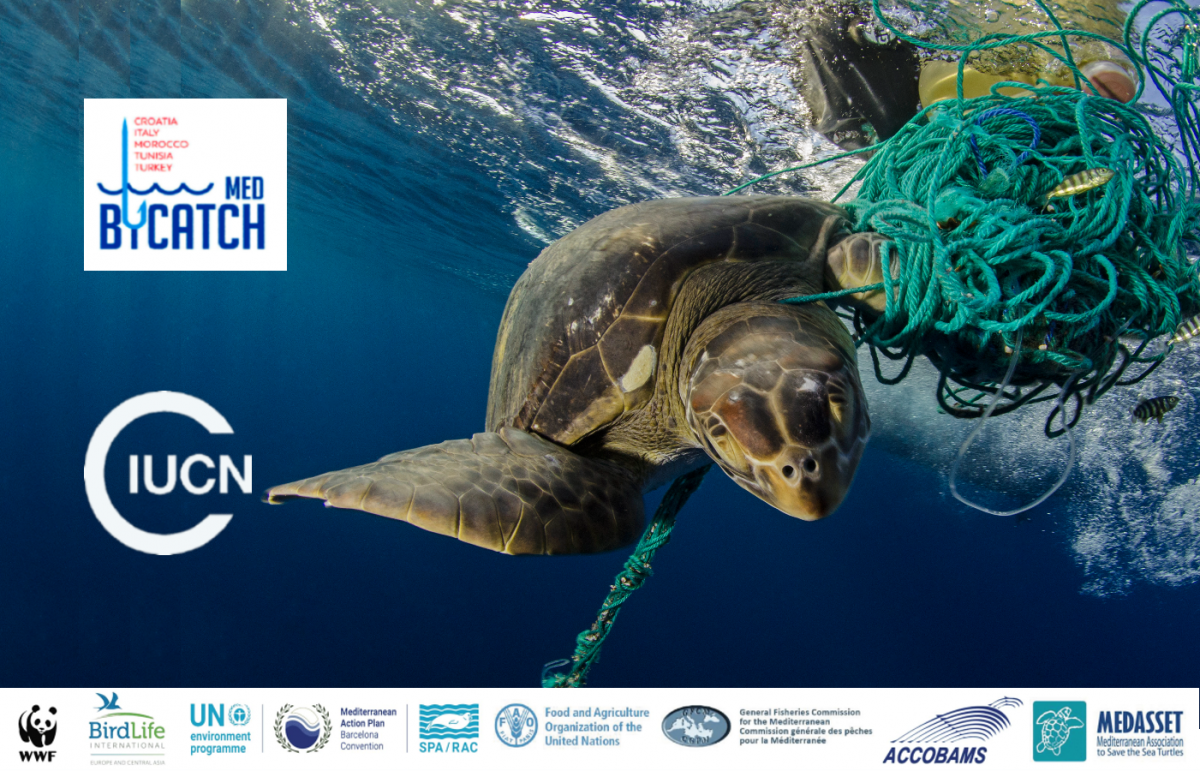The high seas call for more transparency
At the United Nations Headquarters on Friday, governments agreed to start scoping the content and feasibility of a new international legal agreement to conserve marine biodiversity in the two-thirds of the ocean that lies beyond the jurisdiction of individual States. This signals a strong shift in political opinion in favour of a new agreement, though the final outcome of these talks remains unclear.

Photo: IUCN / Imène Meliane
Building on commitments made at the UN Summit on Sustainable Development in June 2012 (Rio+20), the UN Working Group on Marine Biodiversity beyond national jurisdiction agreed to a series of at least three meetings over the next 18 months to broaden their understanding of what a new agreement might do and how it might operate to improve the protection and management of the high seas. Governments also agreed on a formal procedure to exchange views prior to each meeting, to prepare delegates to engage in substantive discussions.
“This is an important step forward in our efforts to protect the high seas – which, essentially, are the oceans’ no man’s land,” says IUCN high seas advisor Kristina Gjerde. “Unfortunately, the outcomes appear to foreclose the possibility to start negotiations of a binding legal agreement anytime soon. We will need to wait until at least December 2014 and possibly as late as September 2015, before such negotiations begin and even longer before an agreement is reached. This flies in the face of the urgent need for action recognized by world leaders at Rio+20.”
Despite previous commitments of the UN Member States, the meeting took place behind closed doors, with no possibility of engaging interested parties in the decision-making process.
“One wonders if the outcome might have been different if IUCN and other intergovernmental and non-governmental organizations had been able to participate in or at least observe the negotiations of the Working Group towards these recommendations,” says Thomas Greiber, Senior Legal Officer to IUCN’s Environmental Law Center. “Instead, a decision was made on Wednesday, the third day of the negotiations, to close the meeting to observers. The talks were not re-opened until Friday afternoon when the draft recommendations were formally adopted.”
The lack of transparency in the deliberations goes against a Rio+20 commitment, in which States agreed to “Enhance the participation and effective engagement of civil society and other relevant stakeholders in the relevant international forums and, in this regard, promote transparency and broad public participation and partnerships to implement sustainable development.”
The high seas are essentially the oceans’ no-man’s land - beyond national jurisdiction and with no comprehensive policy or management system to govern them. However, they contain some of the richest biodiversity and play a key role in sustaining life on our planet. With increasing threats including irresponsible fishing, pollution and climate change, there is an urgent need to maintain and conserve their resilience to human impacts. As agreed by IUCN members at the World Conservation Congress in September 2012, an implementing agreement under the United Nations Convention on the Law of the Sea is urgently needed to protect the high seas. This can be achieved through an effective system of high seas marine protected areas, comprehensive environmental assessments, improved rules to facilitate access and benefit sharing of marine genetic resources as well as effective dissemination of information and transparency.
The sixth session of the UN Working Group on Marine Biodiversity beyond national jurisdiction was convened at UN headquarters in New York City from 19-23 August. IUCN, together with other intergovernmental and non-governmental organizations, has been providing significant scientific, legal and technical support to the UN Working Group and Member States for nearly a decade. The meeting was attended by close to 300 participants, including national delegations, intergovernmental organizations and non-governmental organizations.
For more information, please contact Kristina Gjerde at kristina.gjerde@eip.com.pl



